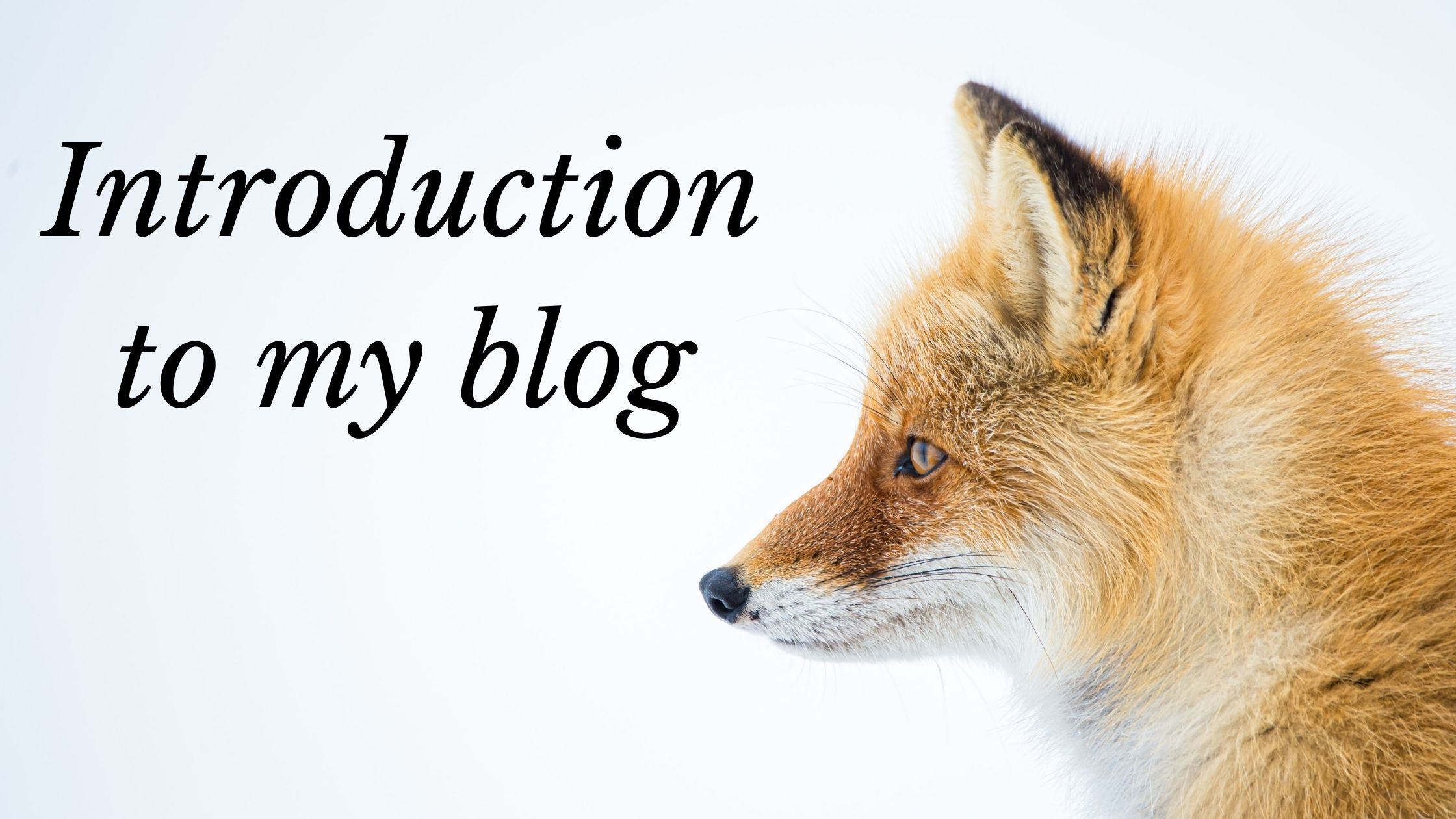This post is about my personal transformation. I felt sad that I was missing out on being the parent I wanted to be. Our little family was missing out on being a loving family. We tried goals and therapies but still ended up with our son shut in his room, disengaged from school, depressed and cemented to online gaming.
General autism strategies such as rewards, tokens, routines and high fiving weren’t only failing, they were breeding resentment and anger. Whenever we cheered our son on, applauded him or tried to be upbeat, it backfired, exacerbating the distance between us. There was a heartbreaking dissonance between our efforts and the outcome.
The ‘Why’ Question?
Why? Why were his verbal statements, while logical and often correct, stinging with venom? Why were we the enemy? The baddies? What were we doing wrong?
I began to suspect our son not only had autism but also an extreme anxiety profile. I was noticing our son react negatively to everything we said, did or thought. It occurred to me that regular parenting wasn’t ever going to cut it. Nor were standard autism strategies. We desperately needed another way to stay connected and be a family.
One day a wonderful parent-carer suggested I investigate PDA: Pathological Demand Avoidance. Well! Once I read about this unique autism profile I could not look back. PDA isn’t recognised in the DSM-5 or by psychologists and psychiatrists in Australia. But from that day forward I was finally reading information (mainly from the UK and New Zealand) that seemed to explain why our son was unhappy and why our parenting was triggering his anxiety.
I took a good look at our son and started to see 5 signs of his avoidance anxiety:
- Refusal to meet demands or expectations (spoken and implied)
- Frequent sensory upsets (going to the shops once meant he was “done for the day”)
- Perfectionist apprehension (“If I can’t do it perfectly then I won’t do it at all”)
- Executive function withdrawal (“I don’t remember what you said/where I put something,” “I need to tell you everything I know about a particular subject right now (info dump) or I’ll forget”)
- Autistic lethargy (being stuck in a special-interest loop but not enjoying it)
Amongst these signs, I saw patterns. Our son was triggered by words and tone of voice, facial expressions and unspoken biases. He struggled with questions, hierarchies, hidden agendas, reminders, prompts, formal family roles, genders or titles. He was challenged by birthdays, holidays, Mother’s Day, Father’s Day. He was plagued by thoughts such as, “I must get up and get ready,” or “I should go to the gym,” or “I must get a job and support myself.”
He experienced great distress with organisational tasks, being out in public, trying to achieve his goal but not understanding the steps to getting there. He was anxious about his looks and sceptical about what others were thinking. He lost momentum when circumstances changed or friends surprised him.
No wonder he was struggling. And no wonder we were struggling.

The Therapy Rollercoaster
Previous medical and therapeutic advice had been that he’d grow out of some of his behaviours. But we were observing something different. He was growing angrier and more distressed. Disappointed with us, the world and himself. The more he knew about the world the more cynical he became. We were losing ground. Our parenting (while it never hit the mark) was completely misinterpreted. Mistrusted. Despised even. We continued to lose ground as the schooling years went by and were now looking for a way forward. Our loved one was not a bad person; we knew that. But something needed to change. So, we decided to change our parenting. Focussing on avoiding his triggers and rebuilding trust.
This type of parenting is hard. But it’s even harder for them. They didn’t ask for this. They don’t feel good about themselves, either. It’s as confusing and frustrating for them as it is for us, except we get to come away from it and have a break. We get to sit with a cup of coffee and stare out to space feeling exhausted and bewildered. They stay deep in it, with no sign of respite, except maybe through the intense interests and self-soothing techniques they’ve discovered, like food, YouTube and exercise. Who would have thought that whenever I get up in the morning and say, “Good morning,” to our son, he can experience my words as a direct and premeditated attack? As you can imagine, it’s awful. But I’m now seeing that he is living with a wiring system that goes off very quickly, as if he’s under siege. Even asking what he’d like for his birthday can cause anxious feelings to arise. Most young people would be delighted by this question. Not him.
If this sounds anything like your struggle, then you may benefit from adapting your parenting style to suit your family’s specific conditions. For us, it’s all about decreasing anxiety triggers while increasing the fun! Because fun is a natural antidote to anxiety. Yours and theirs. And once our loved one has a lowered anxiety level, he can finally start to learn new things. And we can finally feel less stressed in our own home.
Challenging? Yep! But if you are reading this you are already feeling challenged.
So, let’s go forth and reclaim our right to become the parents we’ve always wanted to be for our loved ones who live with autism and avoidance anxiety.
In the future posts, I’m going to provide the conversations and topics we needed as parents to adequately support our strong-minded, autonomy seeking adolescent growing into a fiercely independent and beautiful young adult.




Hi, this is a comment.
To get started with moderating, editing, and deleting comments, please visit the Comments screen in the dashboard.
Commenter avatars come from Gravatar.